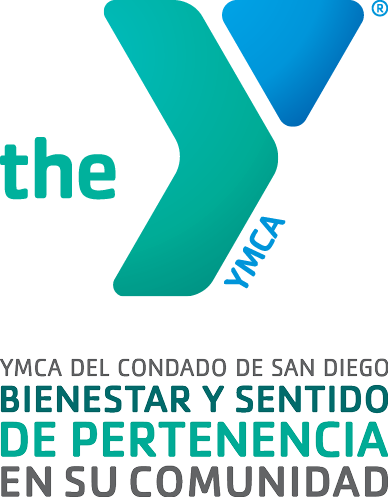Recently, there seems to be increasing awareness of Adverse Childhood Experiences (ACEs) and the long-term impact they can have. Individual adversity like abuse, neglect and household dysfunction, along with community conditions of adversity, including things like poverty, violence, and discrimination, have been linked to negative outcomes such as higher rates of chronic disease, mental health issues, risky behavior, and early death. However, exposure to trauma, toxic stress and adversity are not predictive of these outcomes. Positive, restorative and protective experiences can buffer the impacts of early, negative experiences. The Strengthening Families Protective Factors have been shown to increase optimal child development, family functioning and reduce the likelihood of child maltreatment.
When these five protective factors are in place, children and families are more likely to have increased health and well-being.
Resilience: This is the ability to “bounce back” or “transform” through adversity. Resilience often looks like being able to navigate through challenges and manage the stress of day to day life.
Social Connections: Everyone need positive, nurturing and supportive relationships. Friendships, social connections and networks of support are important for self-care, emotional health and well-being!
Knowledge of Parenting and Child Development: Children don’t come with a manual and knowing how to respond to individual child needs can be hard! Making sure that adult caregivers have access to information and support for positive parenting practices, as well as understanding child development, can help ensure that parents have resources to be the best parents they can.
Concrete Supports in Times of Need: Everyone needs support at some point in time. This can include basic needs like childcare, food, housing or utility assistance, and also things like education, training and employment supports. When families know where to turn for help, and resources are easily accessible, families are more likely to access them.
Social and Emotional Competence: The ability to express emotions, manage behavior and interact positively with others is a critical life skill for both children and adult caregivers. Healthy child development happens in the context of caring, supportive, nurturing and attached relationships with caregivers.
When these protective factors are in place for families and communities, they can help to both buffer the impact and prevent ACEs.
For additional resources:
Core Meanings of the Strengthening Families Protective Factors - by Center for the Study of Social Policy
Protective Factors Resource Document - YMCA Childcare Resource Service
ACES Resources - American Academy of Pediatrics - California Chapter 3
In partnership with:






